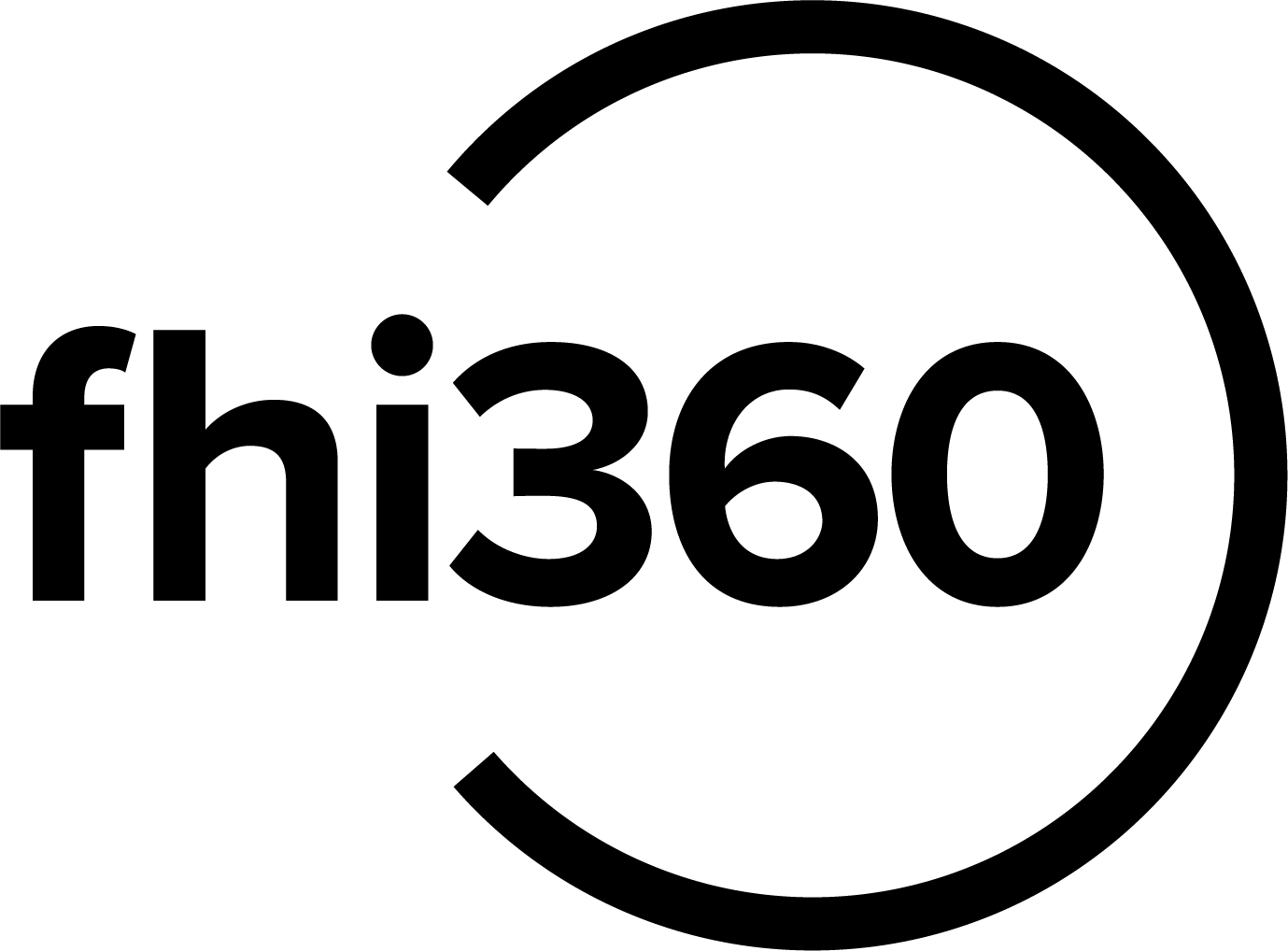Supporting Native American Students
March 10, 2015
Struggling students often need a little extra help. Consider one student transitioning to Killdeer High School. When the student entered high school failing three classes. After one year, with the support of a caring adult and tutoring from a classmate, this student is now passing all her classes.
Every young person needs a caring adult to provide guidance through the challenges of adolescence and rigors of school. While a parent, counselor, or teacher often fills this role, some students need a bit more support. Two regional education associations have implemented programs to provide additional support to Native American students. Over time, these programs may be expanded to help more students in need of extra support.
The Roughrider Education Services Program (RESP), based in southwest North Dakota, helps Native American students transitioning from Twin Buttes elementary school, a Bureau of Indian Education (BIE) school, to Killdeer High School and Halliday High School, both North Dakota public schools. The transition from elementary school to high school for these students isn’t as simple as changing buildings. The transition involves a long commute, different teachers and classmates, different ways to access grades and information, and a different culture. RESP’s transitions program helps these students with simple tasks such as showing students how to access their grades and absence records online, as well as more complex challenges such as integrating into their new school community. The program also helps parents become more engaged in school activities, encourages students to participate in school clubs, and connects students to existing local resources. All students that have participated in the program have reduced absences from school and the majority of participants have improved their grades. Since the program started there has not been a single student drop out from Killdeer High or Halliday High.
In the Fargo and West Fargo Public Schools, two districts served by the South East Education Cooperative (SEEC), Native American students often fall behind, but they can’t be as easily identified as those transitioning from BIE schools to public schools. Using Succeed 2020 resources, SEEC, the Indian Education Center, and Fargo and West Fargo Public Schools implemented Check and Connect, a data-driven mentoring program, established by the University of Minnesota, which improves student success by promoting relationship building, problem solving, and goal setting. The program’s criterion of 85 percent or lower attendance, failing/near failing grades, and/or behavioral issues, helps mentors focus their efforts on the students who are at high-risk of dropping out. Fargo-West Fargo Indian Education Check & Connect started mentoring students in October 2013 and has served 127 Native American students in the year and a half since it was first implemented. They currently have five mentors serving 69 students (44 returned from last year) in eight schools between the two districts; four in Fargo and four in West Fargo.
RESP and SEEC’s programs targeted to Native American students take different forms, but the strategies are essentially the same connect students caring adults and to ensure students get the supports they need.


